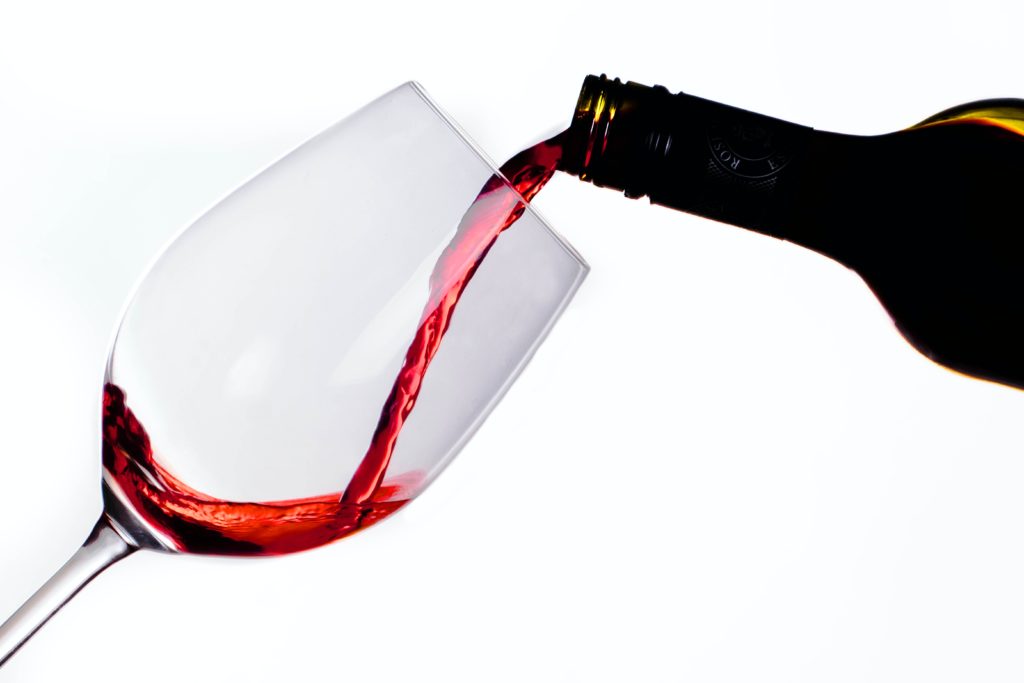At the end of a rollercoaster year dominated by the COVID-19 pandemic, high death rates in the UK and the impending impact of Brexit, investors have been reluctant to commit to traditional assets.
And while the news of imminent vaccines has calmed market nerves to an extent, this year has seen some of the biggest daily market price swings in decades. Regardless of the vaccine’s arrival, there is little prospect of any realistic financial certainty for a while. Geo-political events are also contributing to the volatility of the global economy.
Why you should trust the process and invest in wine
In times of crisis, investors turn to alternative asset classes to shore up their stock dominated portfolios. Record numbers are now investing in the fine wine market, and we think there’s never been a better time to do so.
Fine wine is protected by a simple supply/demand dynamic. In the same way that high-end watches or haute couture fashion is created in small amounts by artisanal methods, fine wine is available in tiny quantities. And this drives up its value for investors.
But fine wine is also different from other kinds of asset-backed alternative investments, such as classic cars or art. Wine, of course, is created to be consumed. And each time someone somewhere drinks a rare bottle of wine, the remaining bottles become that much more valuable. This is compounded by the rise of developing wine markets in places like Africa and Asia. The more high net worth individuals and wealth people become interested in fine wine, demand increases, and the supply is even more valuable.
Supply and demand make fine wine a resilient asset class
So, we have a reliably consistent level of demand for fine wine, and we have very limited supplies. This is why returns over recent years have been so strong. Fine wine is a secure and reliable investment option as it is completely separate from the vagaries of the stock market.
Therefore, in one of the most chaotic times of crisis in recent memory, fine wine is definitely a good investment choice. If we go back to the 2008 global financial crisis, we see that while the S&P 500 dropped sharply by 38.5%. The Liv-ex 1000 (the market-leading index for fine wine) by contrast dropped by just 0.6%. The same thing happened when the pandemic hit in March 2020, with the Liv-ex 1000 dropping by less than 4% compared with S&P 500 which fell by 25%.
As fine wine is asset backed, the risks to investors are low. When they have decided to invest, their wines are stored in bonded warehouses, safe and secure within the optimum wine storage conditions. These are the services we provide at Ideal Wine Company, and it lowers the investment risk even more, by ensuring investors are protected from fraud.
How the pandemic has affected the asset class for invest in wine
COVID-19 has affected fine wine investment in another way too. People have been stuck at home for months, unable to spend their money in high class restaurants where they’d usually buy marked up fine wines from a menu. So instead, they’ve been buying fine wine and simply drinking it at home. This has affected the availability of rare bottles of wine even more and driven up their value accordingly.
Some investors may be put off the idea of putting their money into fine wine because they don’t have expert knowledge of the product. But by working with fully managed services, this doesn’t matter. For new investors in fine wine, it’s the perfect solution, and gives them access to expert guidance of how to make the most of expanding their portfolio with this asset class.
Fine wine investors who use these services can be very involved if they wish, or they can leave it to the firm they’re working with. Wine investment crucially offers a level of stability during economically uncertain times. We expect to see even more seasoned and new fine wine investors throughout 2021.

